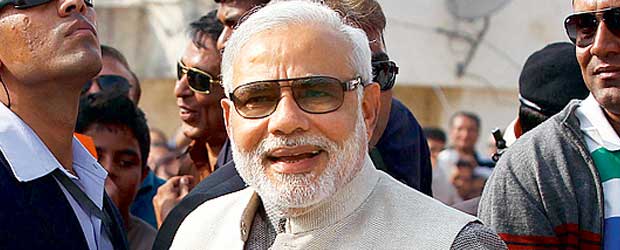The President of India has approved the amendment which seeks to disband Medical Council of India (MCI) and establish and bring an interim board of governors to take up the functions of the council until a new body takes over. The Board of Governors will include Niti Aayog member VK Paul, All India Institute of Medical Sciences Director Dr Randeep Guleria, Postgraduate Institute of Medical Education and Research’s Director Dr Jagat Ram, Dr BM Gangadhar of NIMHANS Bengaluru, endocrinologist Dr Nikhil Tandon, and doctors S Venkatesh and Balram Bhargava. The new body named National Medical Commission (NMC) is expected to regulate medical education and practice in future. The previous regulatory body, MCI had become utterly corrupt over the years. MCI was established in 1934 under the Indian Medical Council Act, 1933 to regulate medical education and practice. However, the MCI became a symbol of corrupt regulatory bodies along with All India Council of technical Education (AICTE). Every year we used to hear news of corruption by MCI officials.
In 2010, CBI arrested MCI president, Ketan Desai in Prevention of Corruption Act (POTA). CBI recovered 1.5 kg of gold and 80 kg of silver from his house and ₨ 35 lakhs from his bank locker in Ahmadabad. He was reported to own more than 400 properties across the country. The scale of corruption in MCI was so big that President of India dissolved the body in 2010. However, UPA government revamped the corrupt institution in 2013 and gave it the task to regulate the medical sector under new president, Dr. Jayshreeben Mehta. Under supervision of MCI, medical education became so corrupt the capitation fee by colleges rose from 50 lakh to 2 crore rupees.
MCI was supposed to regulate medical profession, from granting approval to medical colleges to allocating number of seats and supervising the practice by doctors. However, MCI failed in these tasks and its officials turned the noble medical profession into survival of the fittest. Anyone who could offer bribe to these officials or use political links could supersede all the regulation of MCI. The parliamentary committee set up to review the works of MCI called it “a club of influential medical practitioners who act without any fear of governance and regulations.” “They indulge in unethical practices such as carrying out unnecessary diagnostic tests and surgical procedures in order to extract money from hapless patients and meet revenue targets and flouting government rules and regulations, especially about treating patients from underprivileged backgrounds,” said the committee on the practice by doctors under MCI.
The new body named National Medical Commission (NMC) will be established under National Medical Commission Bill, 2017. According to draft of the bill, NMC will consist of 25 members and four autonomous boards will be set up to focus on undergraduate and postgraduate medical education, assessment and rating, and ethical conduct. There will be an exit exam after graduation to obtain license of practice and AYUSH doctors will also be allowed to practice allopathy after a bridge course. As the government plans a complete overhaul of health sector in country through Aysuhman Bharat scheme, country is facing shortage of doctors. Skill development AYUSH doctors through bridge course will prepare a pool of talent among existing practitioners. NMC will also regulate fees for 40 percent of seats in private colleges. Government has to pass the Indian Medical Council amendment through ordinance route because quick overhaul of the system has become necessary as it seeks to implement Ayushman Bharat scheme.
